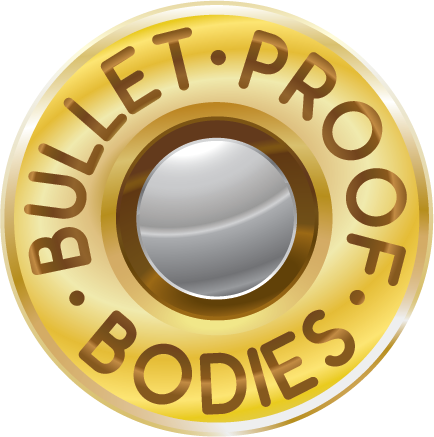A recent study concluded that regular exercise reduces the motivation for taking drugs. This should actually come as no surprise – exercise has already been proven to reduce anxiety and depression, two of the major reasons why a person might start taking drugs (or alcohol) in the first place, and continue using them until they need a drug addiction treatment center to quit. However, it might be a different story with prescription drug addiction.
The test began by keeping one group of rats in cages with wheels and the other in cages without wheels for six weeks. The group with wheels got up to the point of running 10 kilometers a day and the others got no exercise at all.
After six weeks, cocaine dispensers were put in the cages. The rats had to press levers to get the cocaine, and the number of presses needed was continually increased. The exercised rats stopped trying when they had to press 70 times to get a hit, while the unexercised rats kept going until the lever needed to be pressed 250 times. Also, the rats who had exercised the most quit trying sooner.
Why is prescription drug addiction different? First of all, the rats were not made to take the drug.
Many people who end up with a prescription drug addiction problem aren’t fully aware that they had a choice of whether to take the drug or not. They had an illness, injury, operation or emotional trauma, or they have a problem with chronic back pain or something similar, or were just feeling generally unhappy. They went to their doctor, were prescribed their ‘medicine, and dutifully followed their doctor’s orders.
In the case of a short-term problem – like taking painkillers after an operation – there’s a good chance they might not continue pressing the lever after the prescribed length of treatment, let’s say a week or two. However, if they were already depressed, anxious or had other things going on that predisposed them to addiction, ‘feeling no pain’ for a couple of weeks might motivate them to take the drug longer and eventually wind up with a prescription drug addiction.
If they’re suffering from chronic pain, anxiety or depression – longer term problems – there’s a good chance the doctor will prescribe a longer course of the drug. That will almost invariably lead to a physical dependency and they’ll have trouble quitting. Also, if they experienced any relief from their symptoms with the drugs, they’re likely to confuse the side effects of withdrawal with a return of their original symptoms and figure they still need their medicine. In many cases, the longer course of treatment is more likely to result in prescription drug addiction than the shorter course.
When the problem becomes prescription drug addiction, rather than dependency, is hard to say: addiction involves a complex set of factors.
However, for all intents and purposes, the result is the same – they can’t get off the prescription drugs without the help of a drug addiction treatment center. How much treatment they’ll need depends on whether the problem is prescription drug addiction or if it is just physical dependency.
How could this have been avoided? In the case of short-term severe pain, the answer it to quit the drug as soon as possible. With longer-term conditions, there are drug-free alternatives. Chronic physical pain can sometimes be addressed with chiropractic, physical therapy or acupuncture, or with vitamins and minerals that are natural painkillers or help relieve inflammation.
Emotional problems can also often be handled with the right alternative treatments and, yes, by getting on the wheel. Far less than 10 kilometers a day can get results.
Many doctors are aware of the potential for prescription drug addiction, and they realize that some drugs only relieve symptoms – they don’t get at the cause of the problem. Consequently, more doctors are prescribing non-drug alternatives. If your doctor isn’t one of them, consider educating him. Or, switch to a doctor whose advice won’t result in you checking into a drug addiction treatment center in the future to handle a problem that’s worse than you had in the first place – prescription drug addiction.
Gloria MacTaggart is a freelance writer that contributes articles on health.
Article Source: https://EzineArticles.com/expert/Gloria_B._MacTaggart/88245
Article Source: http://EzineArticles.com/1332630
Video: https://www.youtube.com/user/WJZY46

